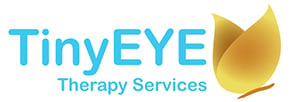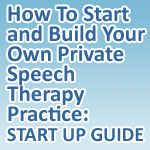
Hi Everyone,
I came across a great article from the Methodist Hospital System regarding protecting your voice and hearing.
I've included a portion of the article below:
- Protect your hearing: If you’re mowing the lawn, working on an outdoor project that involves loud power tools or watching a fire works display, wear noise protection. These can be ear plugs or other hearing protectors. Noise from exploding fireworks can top 130 decibels. Research has shown that exposure to 105 decibels for one hour can put you at risk of hearing damage.
- Use your normal voice: Parties are fun, but they can actually lead to vocal and hearing damage. Loud music and large groups of people talking loudly can cause voice damage and/or hearing impairment. Try to use your normal voice, avoid throat clearing and don’t whisper. Whispering is as hard on your voice as talking very loudly. Also, if you feel strain or tension in your throat, neck or shoulders, you're talking too loud. Avoid further irritation of the vocal cords caused by smoking or drinking alcohol. Finally, drink lots of clear liquids when your throat is dry.
- You may have a hearing loss if you:
- Frequently ask people to repeat themselves
- Often turn your ear toward a sound to hear it better
- Keep the volume on your radio or TV at a level that others say is too loud
- Have pain or ringing in your ears (tinnitus)
- Have an ear infection (swimmer’s ear)
- Have a perforated eardrum
- Common voice disorders: Most of these disorders are related to trauma to the vocal folds from excessive or intense voice use. Vocal nodules, polyps and cysts are common use-related problems that occur in adults. Irritants, such as acid reflux and environmental allergies, also account for many throat and voice complaints. Treating these irritants can go a long way to preserving your voice.
- Swallowing disorders: As people age, they may have difficulty swallowing. These problems frequently accompany difficulty with speech. Studies suggest the prevalence of dysphagia (swallowing disorders)may be as high as 22 percent in those over 50. To help alleviate swallowing problems, sit upright when eating, drinking and taking medication; chew food thoroughly; and brush your teeth after each meal. "
Read the entire article by going --------> Here
If a school district in your area needs Speech-Language Pathologists, please let me know by email as we at TinyEYE can help!


Marnee Brick, MSc
Speech-Language Pathologist
TinyEYE Technologies Co-Founder




